What, Why, and How to Use BCAAs
What, Why, and How to Use BCAAs
If you are into fitness, at almost any level, it seems as though BCAAs (branched-chain amino acids) are just about everywhere these days. There are good reasons for this.
BCAAs are three of the nine essential amino acids that cannot be made by the body. Given that BCAAs play a vital role in muscle growth, retention, and stamina, it should be easy to understand why they have all but become a staple of every fitness enthusiast.
If you are looking to get the most out of your training sessions, you will probably want to know a bit more about these guys.
What are BCAAs
Branched-chain amino acids, or BCAAs, are a trio of essential amino acids, valine, isoleucine, and leucine, that comprise close to 35% of the muscle protein in the body. As noted above, the body cannot manufacture these proteins, therefore, daily diet and supplementation are crucial for maintaining proper amounts.
Here's a bit more detail on each...
L-Leucine
Since the body naturally breaks down protein on a consistent basis, anything you can do to slow the rate at which this occurs will aid in maintaining muscle mass. Enter L-Leucine! Leucine plays a key role in stimulating protein synthesis and muscle growth. In other words, it helps you keep the muscle mass you have, while assisting in repairing muscle after exercise. In short, your muscles stay strong and recover better. Win-Win!
L-Valine
Is there any question that your body wants, and needs, more energy during exercise? To help meet these energy needs, L-Valine produces extra glucose. This helps to keep your body going, and like Leucine, slows the breakdown of muscle as well. This BCAA also aids in tissue repair and blood sugar regulation. In other words, it helps everything in the body work efficiently. Essentially, it is necessary for the healthy function of all cells and organs.
L-Isoleucine
To build muscle mass, your body must have the fuel it needs for the entire process. That includes the stages of repair and rebuilding. It's in these stages that L-Isoleucine is particularly important. This BCAA also helps to improve endurance. If you exercise, Isoleucine does what is needed to help you maximize performance.
BCAAs work wonders at helping preserve muscle glycogen levels which minimizes the protein breakdown during workouts and fuels the muscles. The fact that these aminos are broken down in the body muscles, as opposed to the liver, is odd, yet significant. This irregularity is considered vital as it relates to producing energy for high-intensity activity.
In layman terms, BCAAs help you get more out of your workouts!
Why Would I Use BCAAs
Before we go further, it is important to note that the benefits of BCAAs apply to everyone, not just those who incorporate heavy or high-intensity training sessions. Muscle wasting effects all, but is especially important to minimize or slow down as we age.
That being said, let's dive deeper into why BCAAs are so interesting.
One of the most popular uses for BCAAs is to increase the growth of muscle (and who doesn't want this?). Leucine, one of the three BCAAs, activates a specific path that stimulates muscle protein synthesis (key to building up muscle).
A study was conducted to check the veracity of these claims where people were given 5.6g of BCAAs after a round of resistance training. According to the results, there was an increase of 22% in muscle protein synthesis when compared with the group on a diet of placebos.
Additional research on the subject also indicates that BCAAs can assist in reducing muscle soreness after high-intensity training. You might know this soreness as DOMS, Delayed Onset Muscle Soreness, which usually sets in about 12-24 hours after exercise.
Depending on the intensity of the exercise, the effects can be felt up to three days later. The exact cause for DOMS has not been clearly understood at this point, but scientists suspect that this occurrence is due to minuscule tears in the muscle after intense activity.
BCAAs may be able to decrease this damage to your muscles, help reduce the impact, and the duration of the muscle soreness. It may sound too good to be true, but research backs this claim up.
In one study, it was proven that BCAAs decreased the protein breakdown during exercises which, in turn, reduced the creatine kinase levels in the body...an indicator of muscle damage.
BCAAs also help with another problem most of us can relate to; fatigue. Yes, you read that right, BCAAs may decrease the fatigue that comes with exercising.
How quickly you tire from exercise depends on multiple factors such as the duration, intensity, the conditions in the environment, your nutrition levels, and your fitness levels.
When your body is working out, the muscles use up existing BCAAs. This obviously decreases the BCAA levels in the blood. When this happens, the tryptophan levels in the body, another essential amino acid, increase. In the brain, this amino acid is converted to serotonin which is thought to contribute to the development of fatigue while working out.
Experiments confirm this as well. One experiment indicated that participants given BCAA supplements showed better mental focus when working out. Does anyone not want a more focused, kick-butt workout?
Good news, we aren't quite done yet! As previously discussed, BCAAs also prevent muscle wasting or muscle breaking down.
Muscle proteins are constantly being broken and built (synthesized). The balance between this protein synthesis and breakdown determines the protein levels in the muscle.
Muscle wasting is the process where the protein breakdown surpasses muscle protein synthesis. Not good! If one needed just one good reason to supplement with BCAAs, to us, this might very well be it.
Muscle wasting can be an indicator of malnutrition and is commonly seen in those suffering from cancer, chronic infections, etc, as well as, those of " older" age.
How Should I Use BCAAs
Freedom! Well, a little bit maybe.
Depending on your exercise routine and daily schedule, you can actually play around a bit with your BCAA intake timing. For those training regularly, we recommend you use a product like AminoMode as an intra-training (during your workout) supplement.
Sipping your BCAA drink during your workout should, especially if you train in a fasted-state, which we highly recommend, assist with your energy and recovery substantially.
If, however, you are either not the fitness type, or simply looking to add BCAAs on non-training days, our recommendation would be either before bed or upon waking.
Again, you have some freedom and the opportunity for some trial and error when it comes to BCAA supplementation timing. Try a variety of times and see if you notice any difference.
3D Labs Nutrition to the Rescue
One of the most important reasons to consider supplementing with BCAAs, especially if you train at any significant level, is the sheer inability to find, through diet alone, the amounts and percentages of BCAAs necessary to provide benefit.
At 3D Labs Nutrition, especially given our affinity for intermittent fasting, the inclusion of BCAAs is quite a common recommendation for our clientele, so the addition of AminoMode to our line was a no-brainer.
We did, however, want to do it a bit differently and really provide an extra benefit, via the addition of Glutamine, for even greater recovery.
Always Remember...
We would love to hear your thoughts on this, or any other article we write, so please, drop us your comments, ideas, input, and suggestions in the comments below.
And, by all means, if you think anyone in your world might like something we write, use the share buttons below to help us spread the word!
Until next time...PROGRESS, not PERFECTION!
Don't forget, always consult your physician before making any changes to your diet or exercise regimen.
Live a 3D Life...Decisions Determine Destinations!
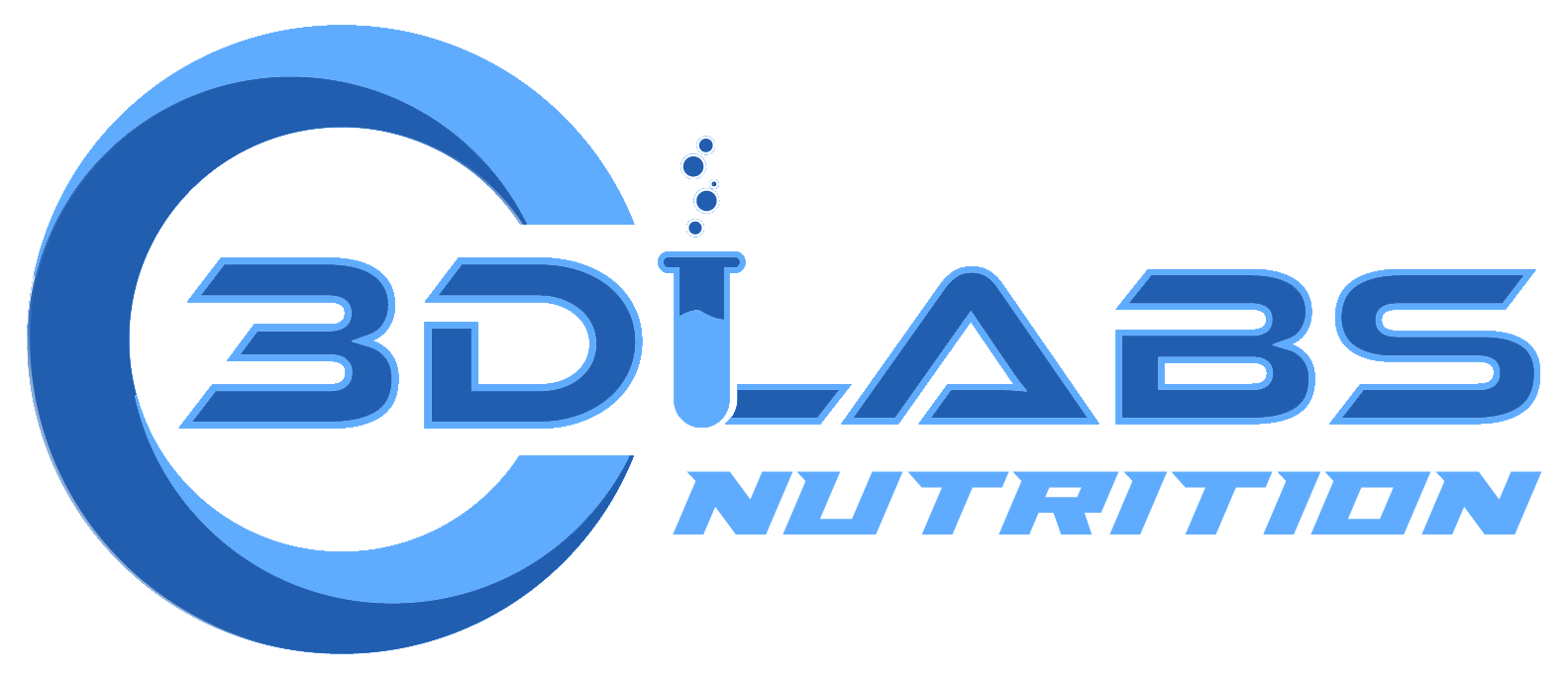

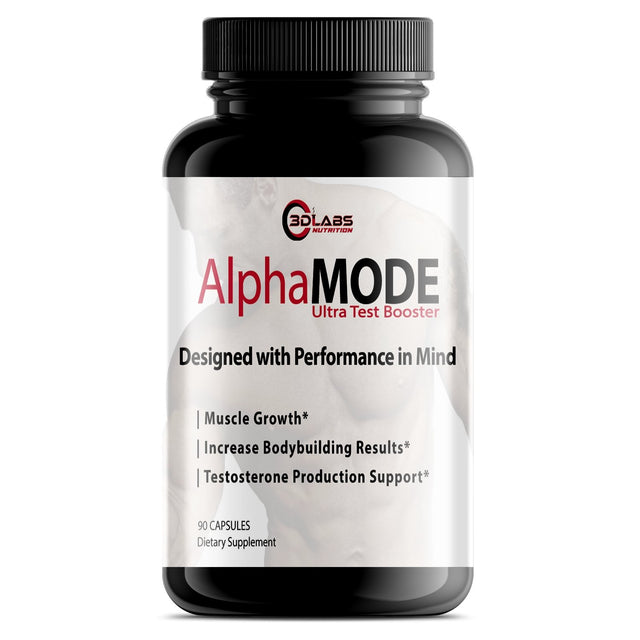

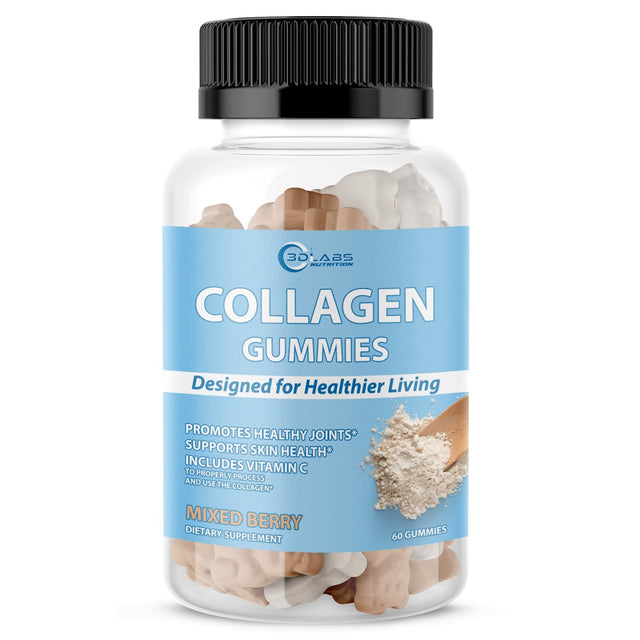
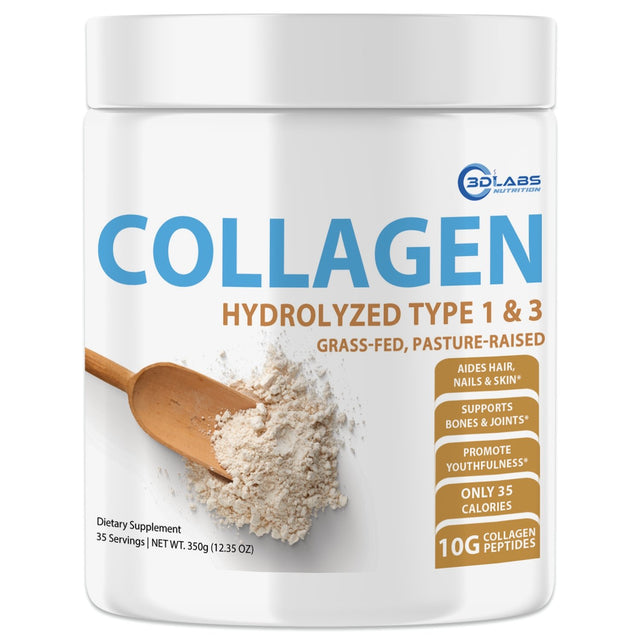

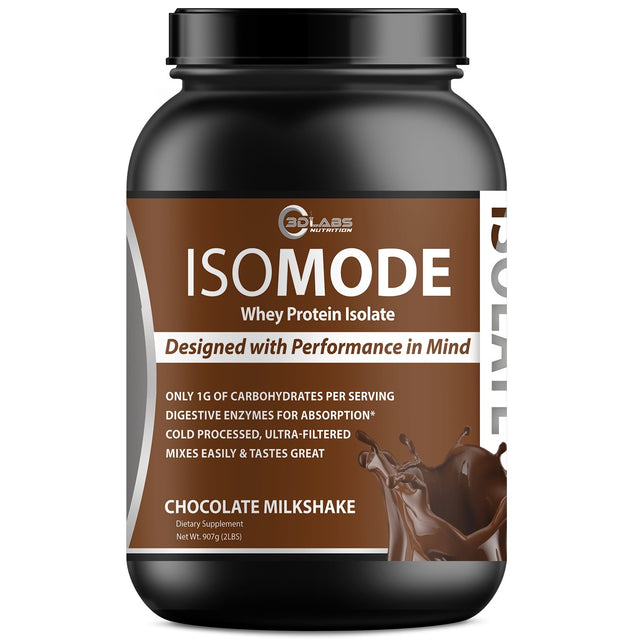
0 Comments
There are no comments for this article. Be the first one to leave a message!